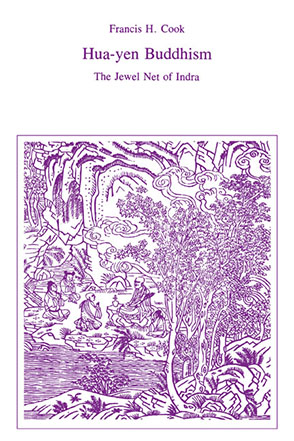Small observation from my personal experience from a time when I was heavily practicing Zazen and lucid dreaming techniques. At that time, I would prepare for sleep by going into the yoga corpse asana and meditating. Frequently I found I was maintaining consciousness, or at least felt like I was maintaining consciousness, as a steady thread that continued into sleep.
I no longer aggressively practice lucid dreaming, so experience this less often now.
Gassho, Ben
sat today
I no longer aggressively practice lucid dreaming, so experience this less often now.
Gassho, Ben
sat today
 )
)

 because this awareness inside "my" body", this observer really, really seems real to me and independent from any other possible "awareness".
because this awareness inside "my" body", this observer really, really seems real to me and independent from any other possible "awareness".

Comment